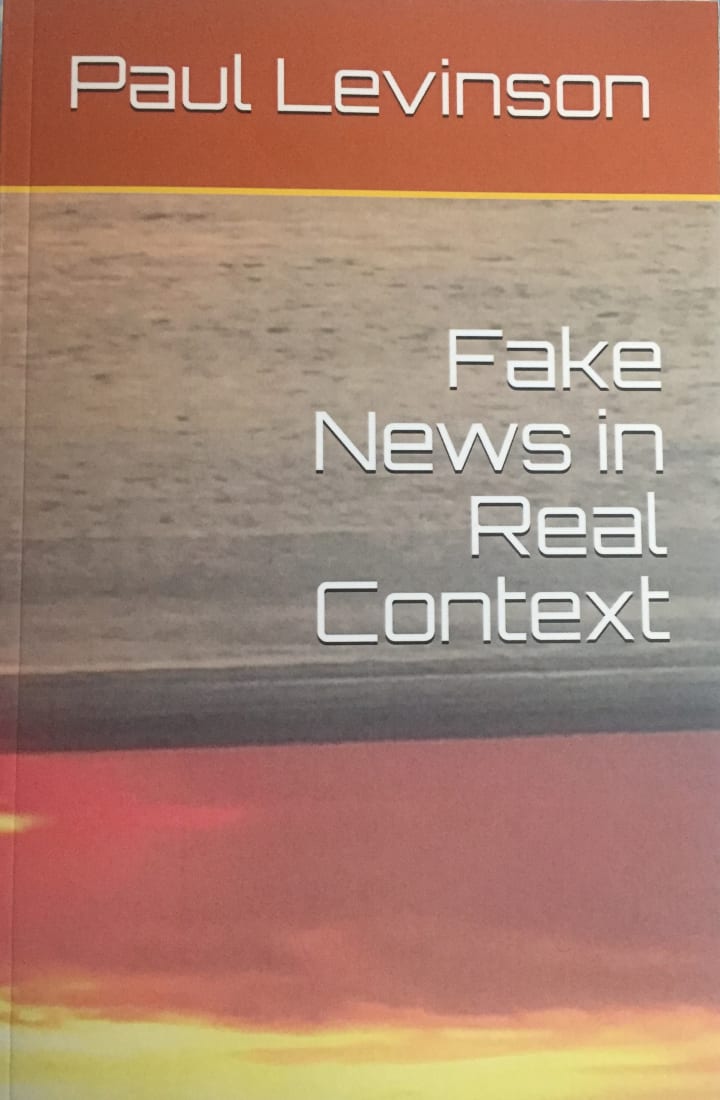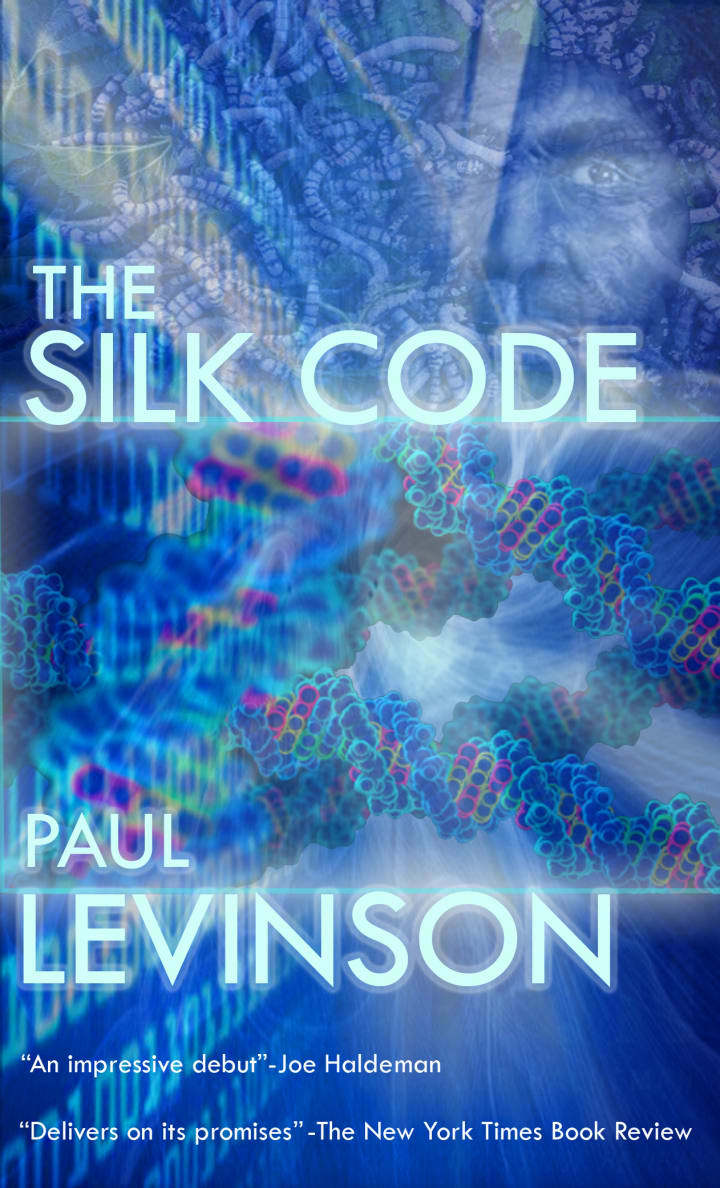Review of 'Fahrenheit 451'
Updated for Fake News, Hate Speech, and DNA

I just saw the new Fahrenheit 451 — the HBO movie, based on Ray Bradbury's justly lionized 1953 novel of the same name, made into an excellent 1966 movie of the same name by François Truffaut. The new HBO movie by Ramin Bahrani obviously had a lot to live up to with that kind of pedigree. I'm here to tell you that it did — which puts me at odds with the numerous dyspeptic reviews it's already received on IMDb (as of this writing, 5.1/10), Rotten Tomatoes (32%), and Roger Ebert (2/4). That's no surprise I often find the established wisdom of professional and nonprofessional critics myopic.
But to the HBO movie — what I look for in a remake is something different, important, and if possible, more meaningfully current than in the original or earlier versions, while maintaining the best parts, including memorable details of the original. Again, not an easy task. But the new Fahrenheit 451 does it potently and beautifully.
The lie that Benjamin Franklin started fire brigades in America to burn rather than extinguish fires, with the truth that Franklin wanted fire fighters to put out fires being denounced as a lie, was one of the starkest parts of the original story. It's in the new movie, too, but the truth is denounced as not just a lie but "fake" — a clear reference to our current crisis of fake news.
Another effective detail in the original is Captain Beatty extolling the "equality" of all books being burned, and holding up a copy of Mein Kampf as an example. The scene is chilling because it tempts us to think that it's good if some books are burned — in this case, a book preaching hate, written by a monster who implemented that hate in the worst way. And the scene has special relevance to our struggle in 2018 with "hate speech" and what to do about it. (See my The First Amendment in the Age of Post-Truth for my brief argument as to why we must not burn or censor it.)
But the new Fahrenheit also introduces something brand new to the story — which has gotten some critics crazy. In the new ending... wait, I won't tell you the ending, because I don't want to spoil it for you if haven't yet seen the movie. But I can tell you the radically new element upon which the ending is predicated: our heroes do more than memorize books, so each person becomes a book, which is the inspiring, ennobling upshot of the original. In the new movie, our heroes are also working on a plan to encode the text of every book, the digital code of every film, every piece of music, into DNA, where it can be stored and spread via biology. In other words, a good greater than any number of brave individuals.
Now I think that's a really cool departure from the original — and not just because I explored the biological potency and uses of information in my first novel, The Silk Code (reviewed here in The New York Times — one review I really liked). But in the movie, this plan is brilliant and makes every sense. After all, the villains are touting digital information (because it can be easily manipulated — another bow to fake news) over books, where the information is stable and reliable. (The information in books has what I call "reliable locatability" — what's on page 77 of any book will be there on page 77 next week or next year or next century, as long as the book isn't burned. See my New New Media, 2nd edition, p. 77 — not a novel — for more.)
Anyway — you needn't take my word for it. See Fahrenheit 451 on HBO and see if you agree.


About the Creator
Paul Levinson
Novels The Silk Code & The Plot To Save Socrates; LPs Twice Upon A Rhyme & Welcome Up; nonfiction The Soft Edge & Digital McLuhan, translated into 15 languages. Best-known short story: The Chronology Protection Case; Prof, Fordham Univ.






Comments
There are no comments for this story
Be the first to respond and start the conversation.